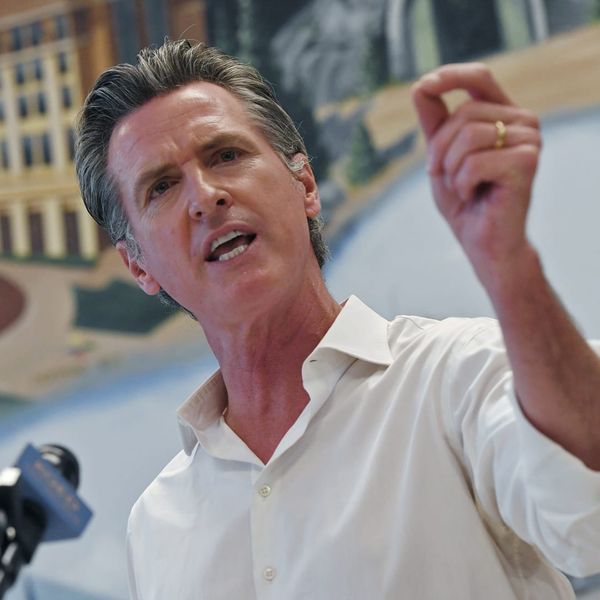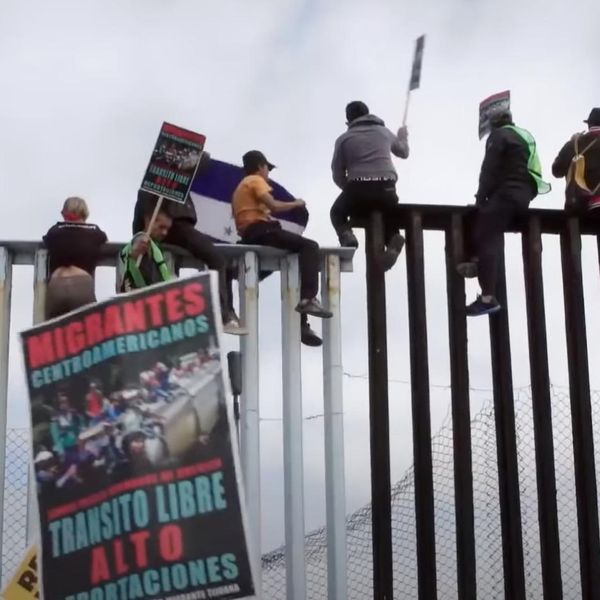
We are not who we think we are.
America is not the land of unlimited opportunity, not the home of the free and the brave, not the shining city on a hill. Instead, it is a troubled nation spurning its more noble traditions, stirring the cauldron of racial and ethnic hatred and turning its back on those who didn’t have the good luck to be born wealthy.
Even if voters rise up to defeat the corrupt narcissist in the Oval Office, the nation will still be in trouble, having allowed the gaping wounds of race and class to fester for far too long. President Donald J. Trump’s cultish base of aging whites is fearful of demographic tides, anxious about cultural change. But many of his voters also fear losing their economic footing, and they incorrectly blame their lack of opportunity on immigrants.
Globalization certainly plays a part in the current economy, but greed also plays a major role. Conservative politicians and the wealthy executives who support them have trampled the labor unions that had helped to boost a broad middle class. The wealthy have also cobbled together a tax structure that ensures the rich get richer and the poor get poorer.
While Trump glories in an unemployment rate that suggests a buoyant economy, closer inspection provides a much more distressing picture: The haves have almost everything. Just take a look at a disturbing recent report from the Brookings Foundation: “Meet the Low-Wage Workforce.” It found that nearly half (44 percent) of all American workers toil in low-wage jobs: “They earn median hourly wages of $10.22 and median annual earnings of $17,950.” That is staggering.
As you might expect, those low-wage workers tend to be less educated, lacking post-secondary training. And, yes, many of those workers are black and brown. Workers of color are disproportionately represented among low-wage workers, given their numbers in the U.S. population.
Even so, most of those low-wage workers are white. The report states: “Low-wage workers are a racially diverse group, and disproportionately female. Fifty-two percent are white, 25 percent are Latino or Hispanic, 15 percent are black and 5 percent are Asian American.” Many are the very white voters who would tend to vote for Trump because they don’t understand the forces that have made their lives precarious.
While policymakers seem to think of the working poor as laborers who clean commercial buildings or work as orderlies in hospitals, job classifications such as retail sales generate mostly low-wage positions. You can work very hard at any of those jobs and still find it difficult to make ends meet.
Yet, Trump has just announced a change in the rules for beneficiaries of the Supplemental Nutrition Assistance Program — commonly known as “food stamps” — that is likely to toss nearly 700,000 people off the rolls. The rule change will make it more difficult for states to waive a requirement that “able-bodied” recipients work at least 20 hours a week in order to receive assistance for more than three months. Ask any hourly laborer — including your neighborhood barista — whether his or her employer guarantees 20 hours a week of work. The answer is likely to be “no.”
How did we come to this? How did we get to be so mean-spirited? Why is it that a nation as rich as this one refuses to provide a few meals for people who cannot afford them?
Unsurprisingly, racism is part of the answer to that question, too. For decades, politicians, pundits and the news media have painted the social safety net (except Social Security and Medicare) as a web of programs that benefit mostly the black and brown poor. That portrayal has led easily to a widespread belief that food stamps and Medicaid, for example, assist only lazy, able-bodied black and brown folk who will not lift a hand to help themselves.
Those perceptions are, of course, at odds with the facts. Government data show that white people make up the largest share (52 percent) of people lifted from poverty by safety-net programs, while black people make up less than a quarter of that group. Still, some political science research has suggested that whites would rather miss out on a stronger social safety net than share any of its benefits with their darker fellow citizens.
This, unhappily, is the real America.








